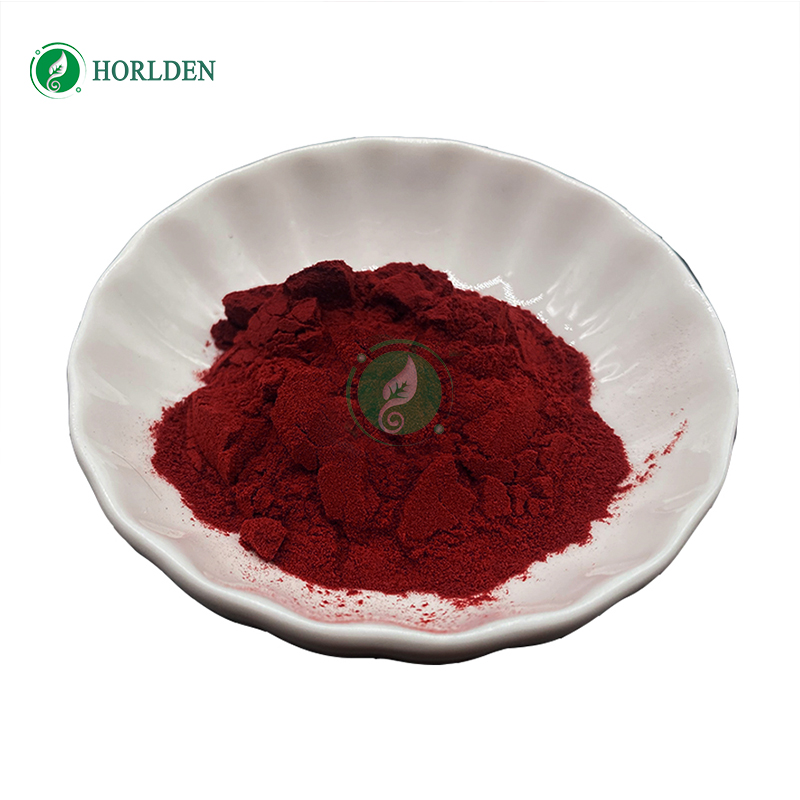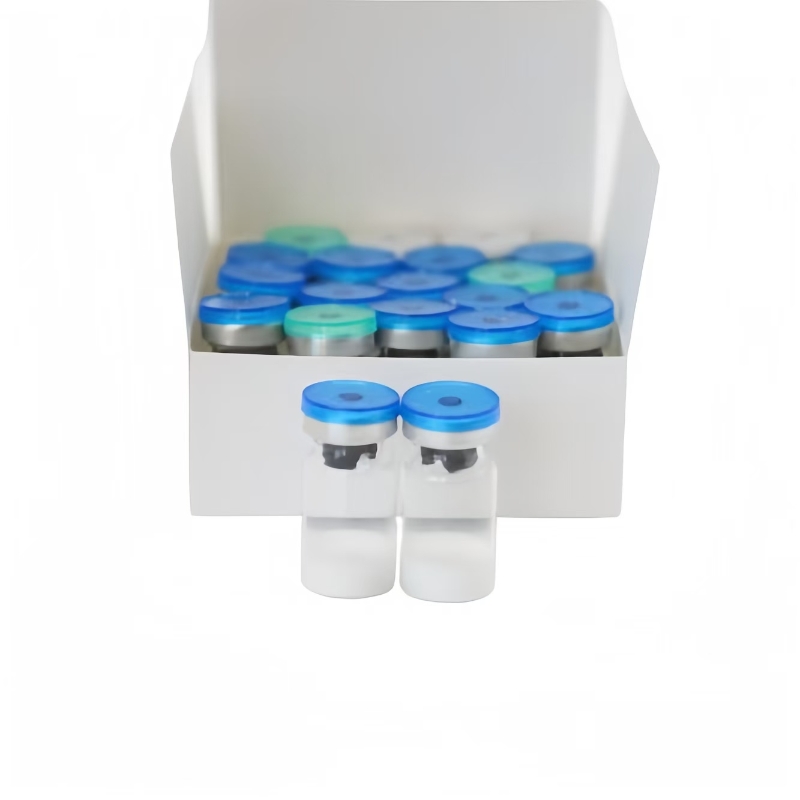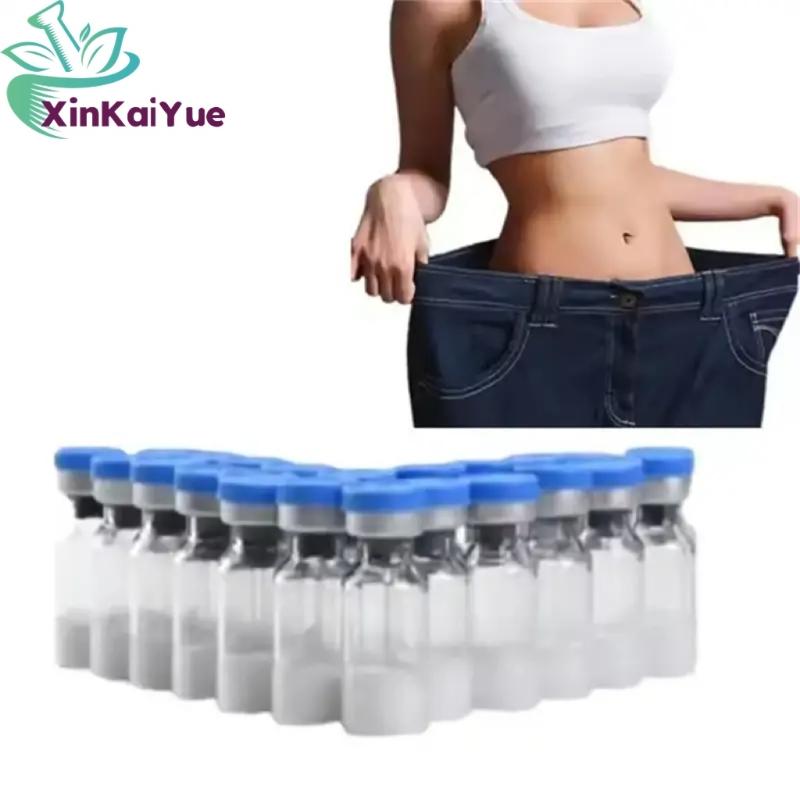Sales growth of up to 3683%! After the negotiation of 16 anticancer drugs, "price for quantity" has given birth to 3 billion varieties
-
Last Update: 2018-07-25
-
Source: Internet
-
Author: User
Search more information of high quality chemicals, good prices and reliable suppliers, visit
www.echemi.com
A new round of national health insurance negotiation is in full swing, and Wuhan has taken the initiative Recently, Hubei Province issued the notice of Wuhan medical materials procurement management office on printing and distributing the work plan of price negotiation for some imported drugs of medical institutions in Wuhan in 2018 A total of 24 anti-cancer drugs were selected into the negotiation catalogue, involving foreign enterprises such as Novartis, Pfizer and Lilly In the first two groups of countries, a total of 39 varieties of anti-cancer drugs entered the medical insurance market through price reduction, 17 of which are high-priced anti-cancer drugs According to the data of minenet, in addition to erlotinib, the terminal sales of 16 other anti-cancer drugs in China's public medical institutions were bullish in 2017, of which 6 sales exceeded 1 billion yuan A new round of national health insurance negotiation is expected to fully implement the price reduction of anticancer drugs The shortage and high price of anticancer drugs have always been the focus of social attention The full implementation of the price reduction of imported anticancer drugs is the key work of the government's pharmaceutical reform this year In April and June this year, the premier twice presided over the executive meeting of the State Council, which decided to implement zero tariff on imported anticancer drugs and encourage the import of innovative drugs, accelerate the examination and approval of new drugs that have been listed abroad, implement measures to reduce the price of anticancer drugs, and strengthen the supply guarantee of drugs in short supply After the movie "I'm not the God of medicine" was released and caused wide public concern and discussion, the prime minister specially instructed the relevant departments to "rush to the people's urgent needs", implement relevant measures as soon as possible, and accelerate the price reduction of anti-cancer drugs In fact, "price reduction" has become the main related word of anticancer drugs in recent years In October 2015, 16 ministries and commissions (bureaus) organized the first batch of national drug price negotiation pilot work, opening the way for high-priced anticancer drugs to enter the medical insurance; on July 19, 2017, the Ministry of human resources and social security released the results of the second batch of national medical insurance negotiation catalog, 36 varieties were included in the medical insurance catalog, including 15 high-priced anticancer drugs On July 11, the National Medical Security Bureau entrusted relevant academic associations to hold a part of the enterprise communication meeting, which was attended by representatives of 10 foreign-funded enterprises and 8 domestic funded enterprises, xinhuanet reported This communication meeting laid a good foundation for the smooth development of the negotiation of anti-cancer medicine medical insurance It is reported that the following changes have taken place in the new round of national health insurance Negotiation: first, the level of negotiation has changed, and the new round of negotiation has been personally decided by the premier; second, the main body of negotiation has changed, from the Ministry of human resources and social security to the National Medical Security Bureau; third, the negotiation drugs are different, from the old drugs that are about to pass the patent period to the original new drugs The core of the price negotiation of the first two batches of 17 anticancer drugs entering the medical insurance is that the state allows pharmaceutical enterprises to give up the single product profit rate through the medical insurance qualification and realize the price for quantity Generally speaking, the sales revenue of the negotiated varieties is not affected by the price reduction and can be further improved In 2015, the first batch of national drug price negotiation pilot work was launched, with a total of 3 varieties included in the medical insurance, including 2 anticancer drugs; in 2017, another 36 drugs through the national drug price negotiation were included in the new medical insurance category B, including 15 high-priced anticancer drugs Note: the sales volume is calculated based on the average retail price of the product at the terminals of public medical institutions in China (source: m-intranet database) The prices of anticancer drugs negotiated through medical insurance have been reduced by a large margin The prices of ektinib hydrochloride, gefitinib tablets, trastuzumab for injection, bevacizumab injection, bortezomib for injection, erlotinib hydrochloride tablets, fluvastatin injection, lenalidomide capsule and other varieties have been reduced by more than 50% According to the data of minenet, in addition to erlotinib, the terminal sales of the other 16 anticancer drugs in China's urban public hospitals, county-level public hospitals, urban community centers and township health centers (referred to as China's public medical institutions) increased by different ranges in 2017 There are 13 products (including 6 over 1 billion varieties) with sales exceeding 100 million yuan In recent years, the popularity of monoclonal antibodies and TiNi drugs in the field of anti-tumor has increased As the "three swordsmen" of Roche's anti-tumor drugs on the market in China, rituximab (trade name: meropene), trastuzumab (trade name: Herceptin) and bevacizumab (trade name: avidin) all entered the medical insurance with a decrease of more than 50% Although the price has declined significantly, the sales volume of terminals of public medical institutions in China in 2017 has varied degrees Growth Nitzumab injection (trade name: taixinsheng) was officially launched in 2008 It is the first humanized monoclonal antibody targeting EGFR in the world After taixinsheng's entry into the medical insurance, the sales increased significantly, mainly reflected in the increase of sales in the third and fourth quarters of 2017 From the perspective of the terminal sales of public medical institutions in China in 2017, the first two negotiated varieties of exetane (commodity name: Kemena) and gefitinib (commodity name: Iresa) entered the medical insurance market, and their sales volume showed a growing trend According to the half year performance forecast of Beida pharmaceutical in 2018, the company continued to promote the implementation of local medical insurance policies, in addition to consolidating the market in big cities, it also dug in depth Explore the potential market and expand to the second and third tier cities During the reporting period, the sales volume of Kemena continued to increase by 28.54% year on year As the second batch of negotiated varieties, erlotini (trade name: Troika) has a decline in sales after price negotiation, which may be related to the rapid market share of the first batch of varieties after entering the large amount of medical insurance Apatini (trade name: aitan) and rapatini (trade name: Talisa) have been the second batch of negotiated varieties in the medical insurance industry, and their performance is very eye-catching, especially in the third and fourth quarters, the sales volume has increased significantly In addition, the varieties of fluvistrane injection, abiolone acetate tablet and xidaban amine tablet are new generation products that have made a breakthrough compared with the current mainstream drugs These new varieties can not enter the medical insurance catalog, and the sales volume is difficult to increase It is an opportunity to enter the medical insurance through negotiation and price reduction According to the sales data, these varieties enter the medical insurance through price reduction, and then they will be sold The amount has been increased Wuhan launched the first round of negotiations on new medical insurance, 24 anti-cancer drugs were selected into the bargaining list On July 18, Hubei Province issued the notice of Wuhan medical materials procurement management office on printing and distributing the work plan of price negotiation for some imported drugs of Wuhan Medical Institutions in 2018 According to the rules of price negotiation in Wuhan, after the enterprise actively declared and qualified for examination, the target price of price reduction will be set one by one according to the lowest national transaction price of the listed varieties and the factors of import tax reduction, Seven experts, including clinical experts, pharmaceutical experts and management experts, were selected from the expert database to form a negotiation expert group to negotiate with the enterprise representatives at the designated place and time In addition, the negotiation results of relevant varieties in Wuhan will also be seamlessly linked with the national negotiation According to the rules, after the negotiation result is confirmed, it will be publicized through Wuhan pharmaceutical belt purchase service platform If the catalog varieties are included in the national negotiation, the relevant national prices will be implemented and dynamic adjustment will be implemented Wuhan launched the first round of new medical insurance negotiation this time By analyzing its price negotiation catalogue, it can be found that 28 kinds of imported drugs (36 regulations) are involved in the catalogue, among which 24 varieties (31 regulations) are anticancer drugs, and multinational pharmaceutical enterprises such as Novartis, Pfizer, AstraZeneca, MSD, Sanofi and Lilly are among them (source: meter net database) According to the results of the second batch of national health insurance negotiation catalogues released by the Ministry of human resources and social security on July 19, 2017, almost all negotiation varieties are exclusive In the price negotiation catalogue released in Wuhan, only five varieties are exclusive, namely, AstraZeneca's gesherin acetate slow release implant (trade name noread), Bayer's sorafenib (trade name dogimer), Novartis' niloti It is also known as dachina capsule, suletinib malate capsule of Pfizer and cetuximab injection of Merck In terms of the sales of various anticancer drugs at the terminals of public medical institutions in China in 2017, pemetrexed disodium for injection led the way with a sales volume of 4.816 billion yuan, followed by oxaliplatin for injection with a sales volume of 2.908 billion yuan In terms of brand competition, toremifene citrate tablets, methotrexate injection, imatinib mesylate tablets, oxaliplatin for injection and cyclophosphamide for injection accounted for a large proportion of the original research, and the market share of the original research manufacturers was more than 50%, up to 78.73%; Vinorelbine bitartrate injection, calcium folinate injection, leuprorelin acetate for injection and leuprorelin acetate microspheres for injection, fludarabine phosphate for injection, pemetrexed disodium for injection and gemcitabine hydrochloride for injection accounted for a relatively small proportion in the original research The average market share of the original research manufacturers was about 20%, the lowest was only 0.7%; The original manufacturers of temozolomide capsules and ifosfamide for injection share the same market share as domestic generic pharmaceutical enterprises Through the negotiation results of the first two groups of countries, it has been proved that under the current framework, the mode of "price for quantity" is quite successful Whether the above-mentioned anticancer drugs can enter the medical insurance catalog successfully through price negotiation to realize "price for quantity"? Let's wait and see! Source: minenet database, medical economic news, Xinhuanet, etc
This article is an English version of an article which is originally in the Chinese language on echemi.com and is provided for information purposes only.
This website makes no representation or warranty of any kind, either expressed or implied, as to the accuracy, completeness ownership or reliability of
the article or any translations thereof. If you have any concerns or complaints relating to the article, please send an email, providing a detailed
description of the concern or complaint, to
service@echemi.com. A staff member will contact you within 5 working days. Once verified, infringing content
will be removed immediately.







